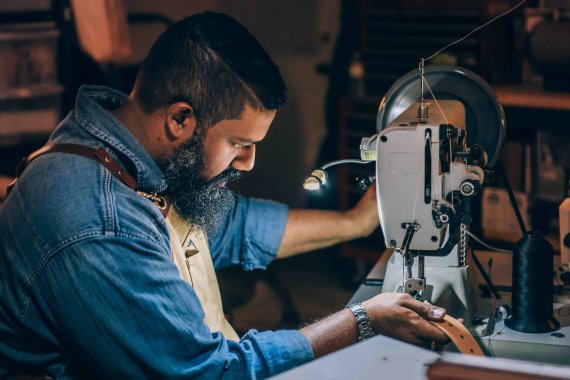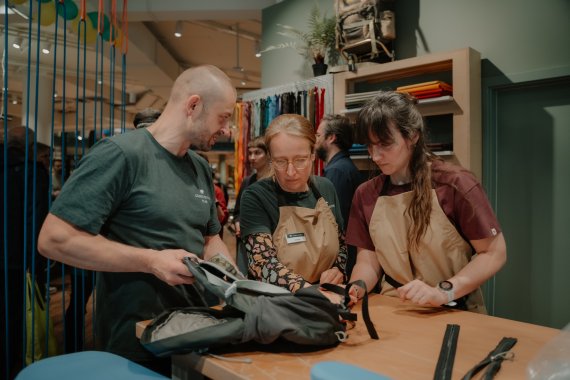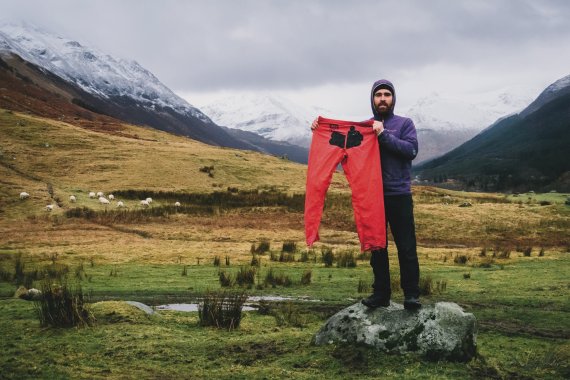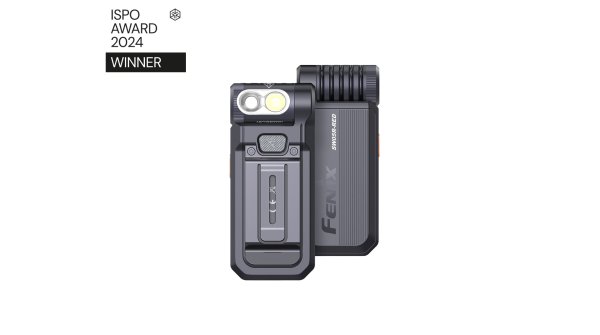
As the global community grapples with resource scarcity and environmental challenges, the movement toward a circular economy has emerged as a beacon of hope.
New business models like repair services and product rentals are not only innovative, but economically beneficial when thoughtfully implemented. These approaches align sustainability with profitability, proving that eco-friendly strategies and economic growth can go hand in hand. Studies underscore a tangible shift in consumer behavior, showing a growing trend toward valuing sustainability, durability, and eco-friendly practices. This change supports the economic viability and expansion of circular business models across various sectors (1).
The EU’s Directive on the repair of goods marks a significant step for consumers and sustainability advocates. It requires manufacturers to support product repairability, extending product life and reducing waste. By extending the lifespan of items and facilitating accessible repairs, the EU aims to reduce waste and curb the relentless consumption cycle. An online repair platform set to launch by 2027 will make repairs easier to access, fostering a culture of reuse (2).
Repair, rental, and refurbishment businesses are setting new standards in the circular economy. Repair services breathe new life into existing products, saving resources and providing cost-effective alternatives for consumers. Rentals and leasing arrangements, on the other hand, ensure products are fully utilized without the need for widespread ownership, reducing manufacturing demands and promoting efficient resource use. These models are not only about practicality, but also about reshaping consumer habits and expectations for a more sustainable future (3).
Quality is the foundation of a successful circular economy. Durable, repairable products retain their value and are ideal for repair and resale. High-quality products offer longer lifespans, build brand trust, and meet the expectations of today’s environmentally conscious consumers. At the same time, they strengthen the growing second-hand market (4).
For those eager to see the circular revolution in action, ISPO Munich offers a unique window into the future. The Sustainability Hub showcases four pioneering solutions that exemplify these business models, from repair services to high-quality product designs. Visitors can explore how these strategies are shaping modern commerce.
Embracing new business models and prioritizing quality is indispensable for a sustainable future. This shift promises not only environmental benefits but also a path to resilient, future-ready business practices.
Prolong’s solutions empower outdoor brands to enhance aftercare operations, promoting both sustainability and profitability. With 82 % of textile waste being repairable or reusable and 80 % of consumers open to care and repair, Prolong helps brands offer seamless aftercare services for warranty and beyond at and exceeding the point of purchase. Services include alterations, personalization, repair, cleaning, and maintenance, supported by a global network of providers. This integration reduces operational complexity, creates new revenue streams, and reinforces brands’ commitment to the circular economy. Prolong’s platform extends product lifecycles, potentially lowering carbon footprint by 20-30 %, while boosting customer retention.

For Globetrotter, circular economy means ensuring products are used for as long as possible. To support this vision, customers can have their outdoor equipment and clothing professionally maintained and repaired at 17 of their 22 stores, with online service options available as well. Recently, Globetrotter expanded their repair services by offering certified repairs for Ortlieb and Vaude products at select repair centers. Globetrotter also provides rental and second-hand services to integrate all the principles of circular economy.

At ISPO 2024, Patagonia is exhibiting stories around being a responsible business and activist company. Driven by dedication to the highest quality, the company consistently strives to balance performance with environmental impact in product development. This commitment is evident in the products displayed at ISPO 2024, emphasizing durability and extensive repair capabilities to enhance product longevity. Patagonia has been working for over a decade to eliminate perfluorinated chemicals from its product line and proudly anticipates that by 2025, 100 % of its products will be free from intentionally applied PFAS.

FabPatch presents a pioneering approach to textile repair with user-friendly, customizable, and eco-conscious patches, recognized for both their design and sustainability. Produced locally in the EU and Finland with certified sustainable materials, FabPatch prioritizes environmental responsibility and supports waste reduction. Its unique, tool-free application makes repair accessible to everyone, encouraging a culture of reuse and durability that benefits consumers and the planet alike. Through extensive customization options, FabPatch also allows brands to seamlessly integrate these patches with original products, fostering a circular economy and advancing textile longevity.

 SustainabilityReady for the Green Deal? An Update for the Sports Industry
SustainabilityReady for the Green Deal? An Update for the Sports Industry
- Awards
- Mountain sports
- Bike
- Fitness
- Health
- ISPO Munich
- Running
- Brands
- Sustainability
- Olympia
- OutDoor
- Promotion
- Sports Business
- Textrends
- Triathlon
- Water sports
- Winter sports
- eSports
- SportsTech
- OutDoor by ISPO
- Heroes
- Transformation
- Sport Fashion
- Urban Culture
- Challenges of a CEO
- Trade fairs
- Sports
- Find the Balance
- Product reviews
- Newsletter Exclusive Area
- Magazine



